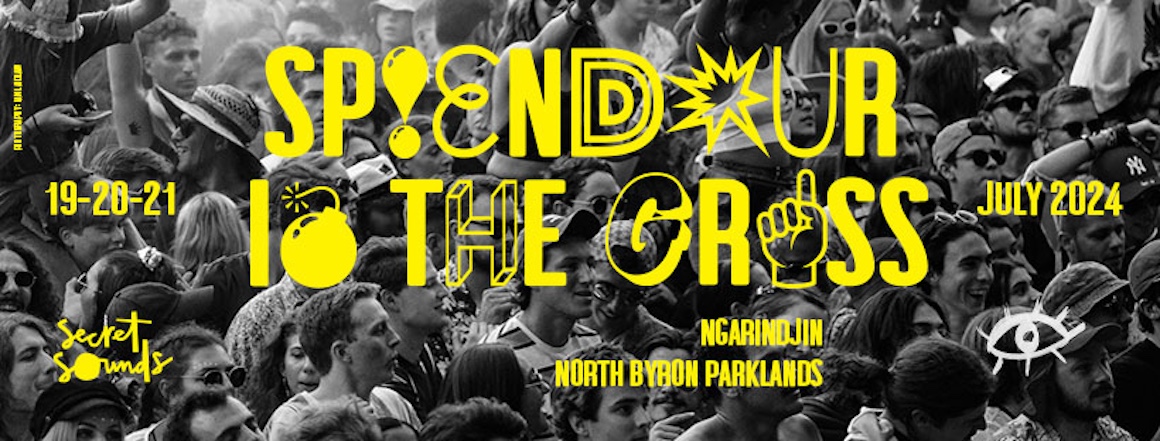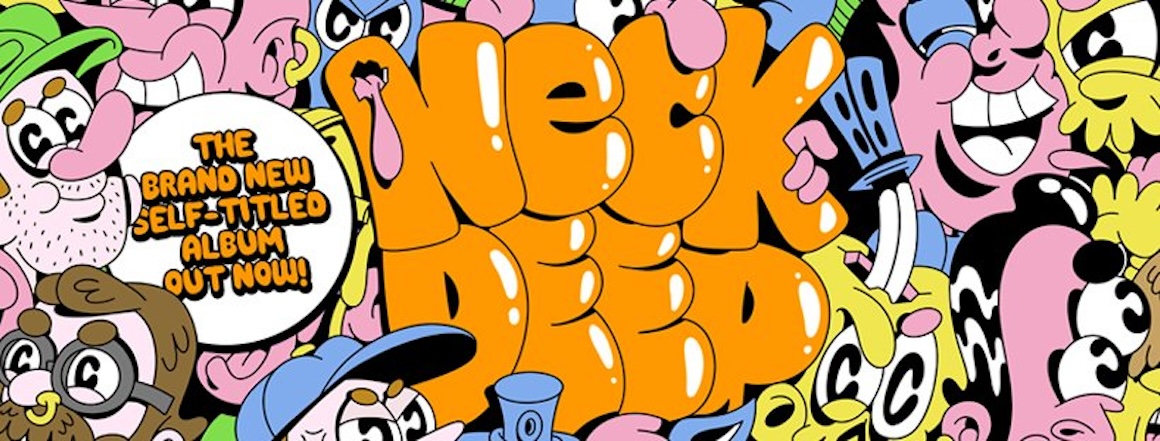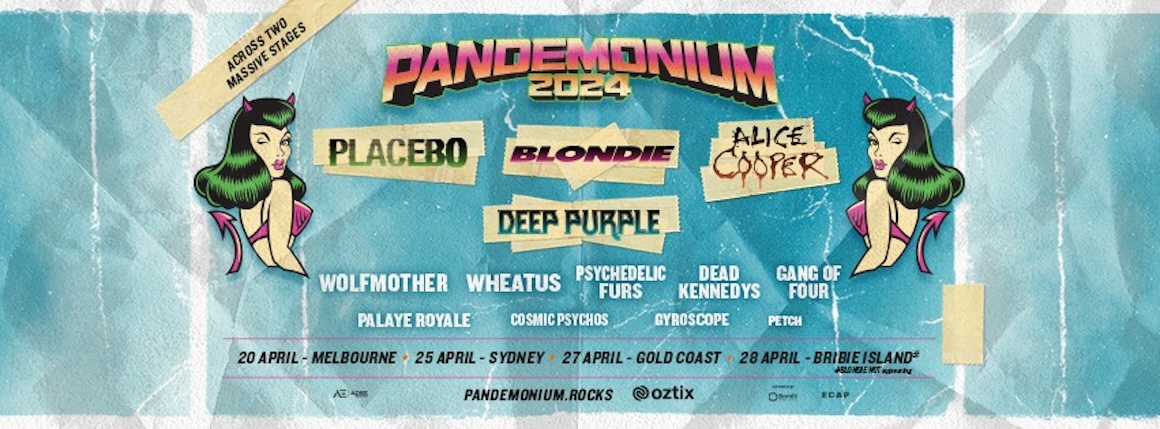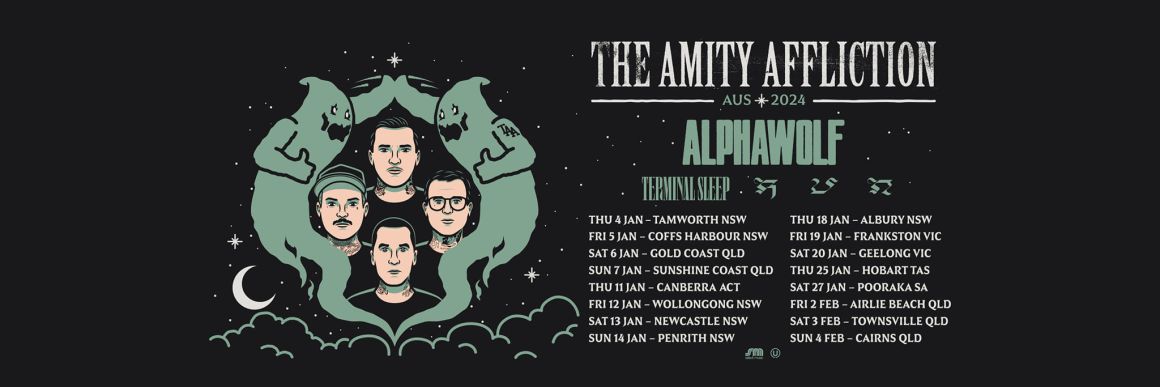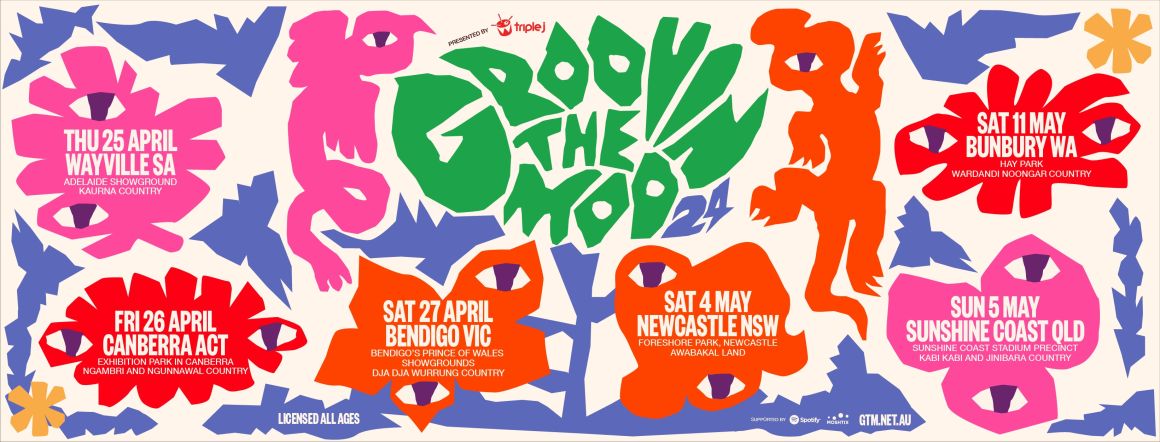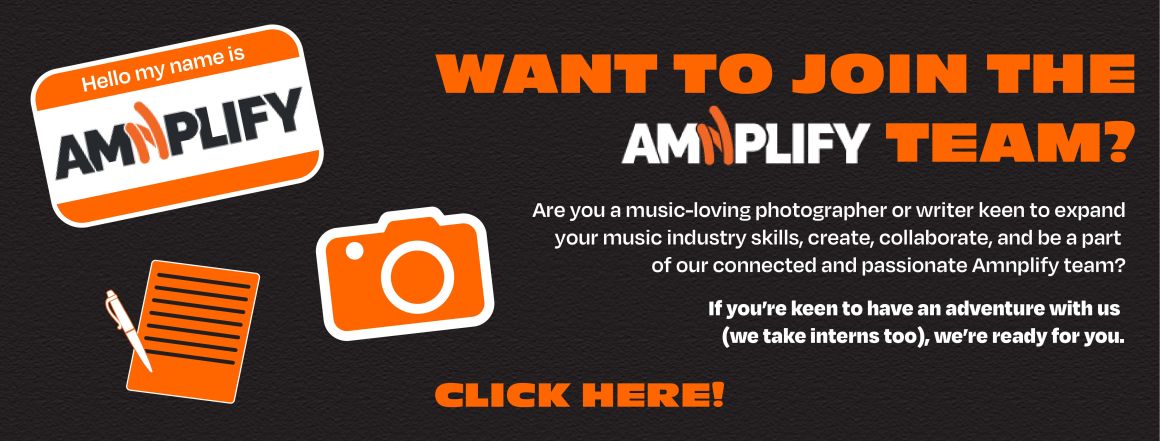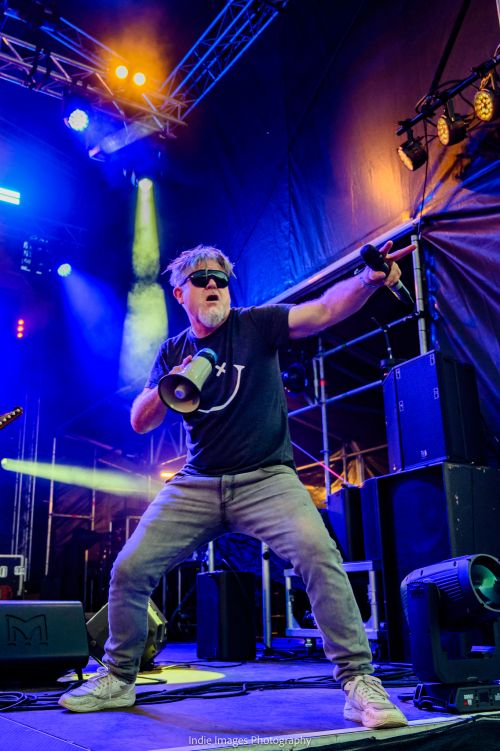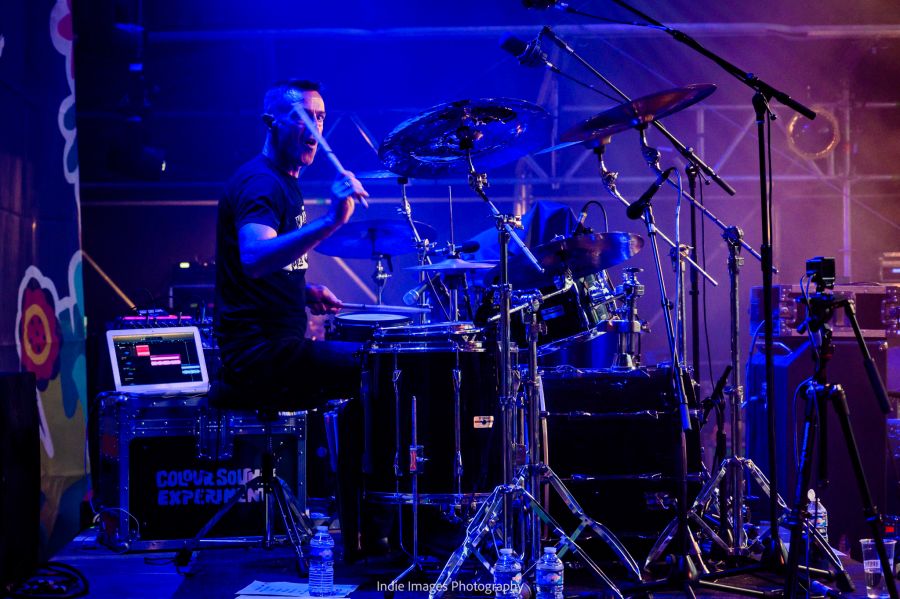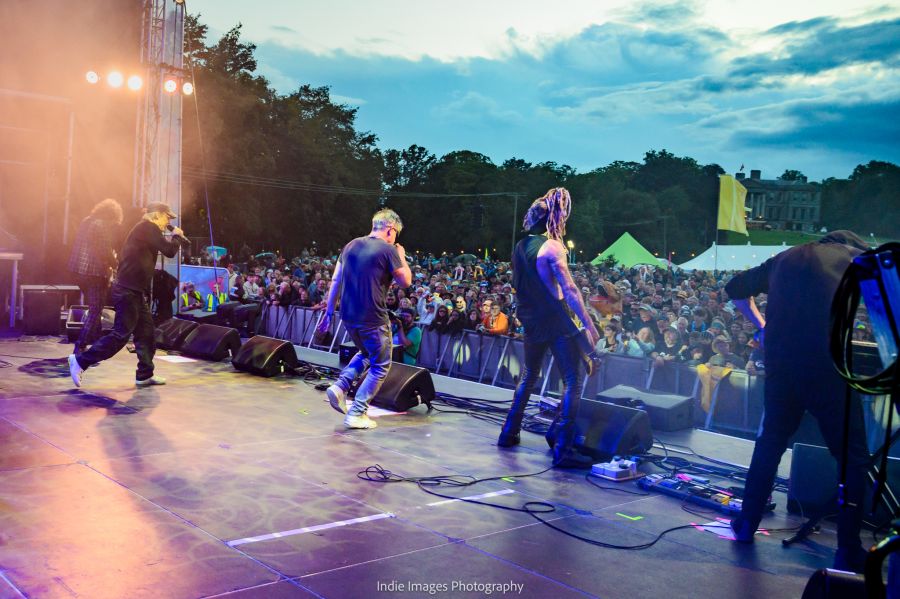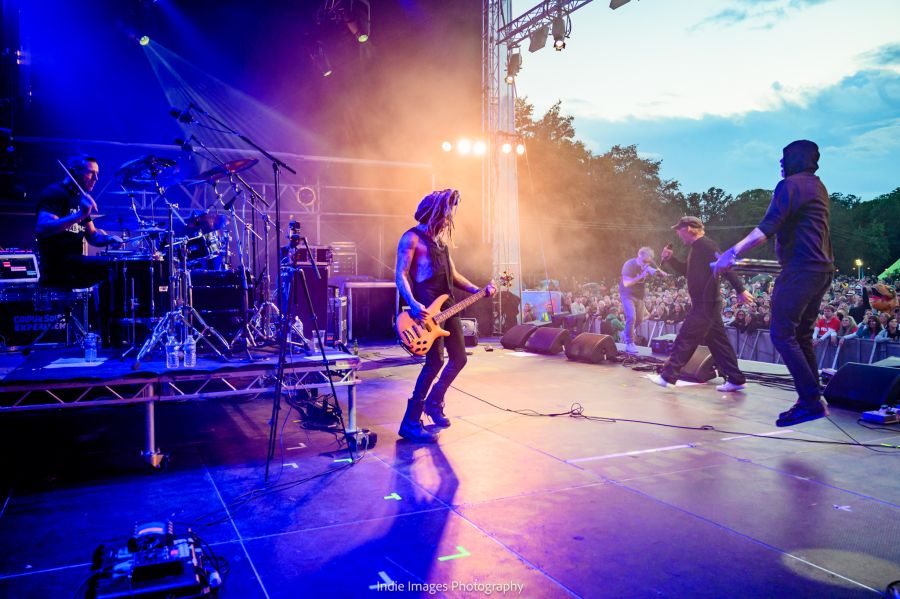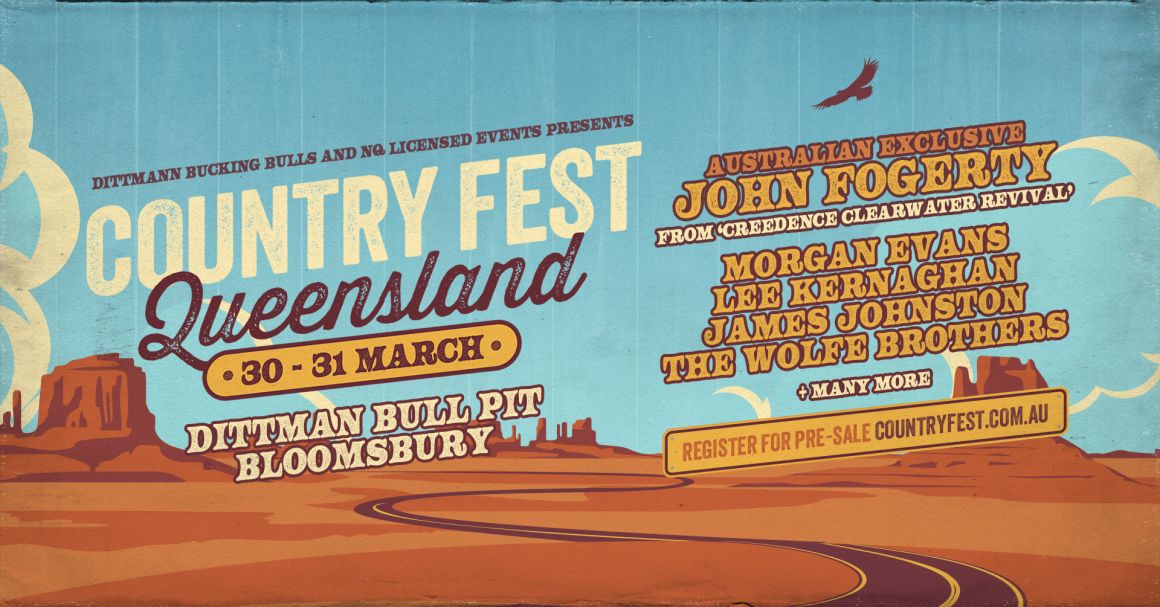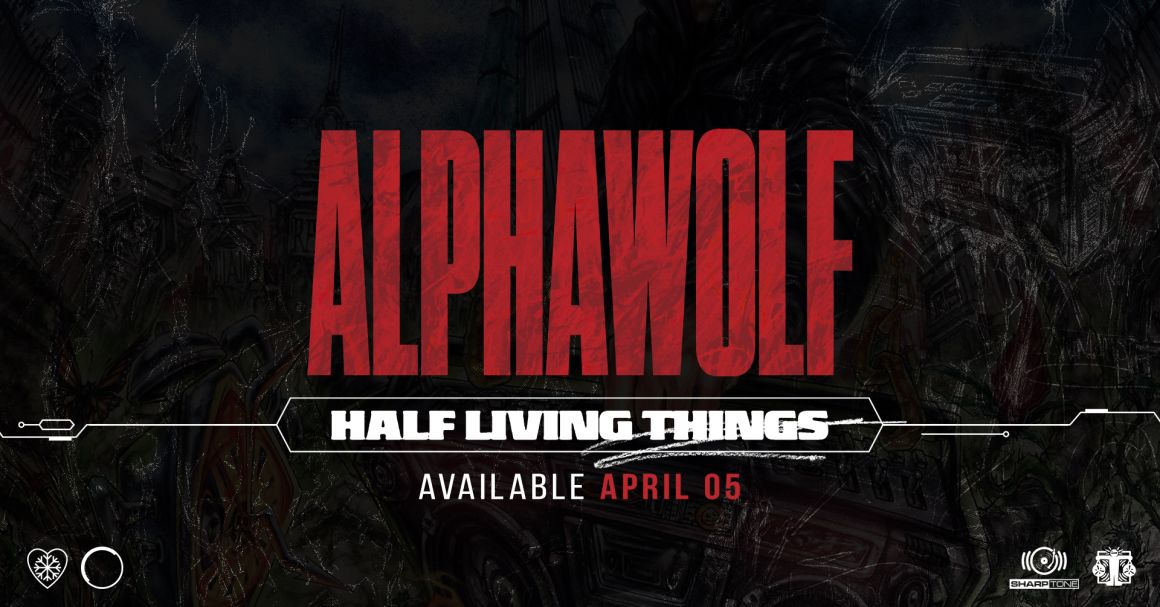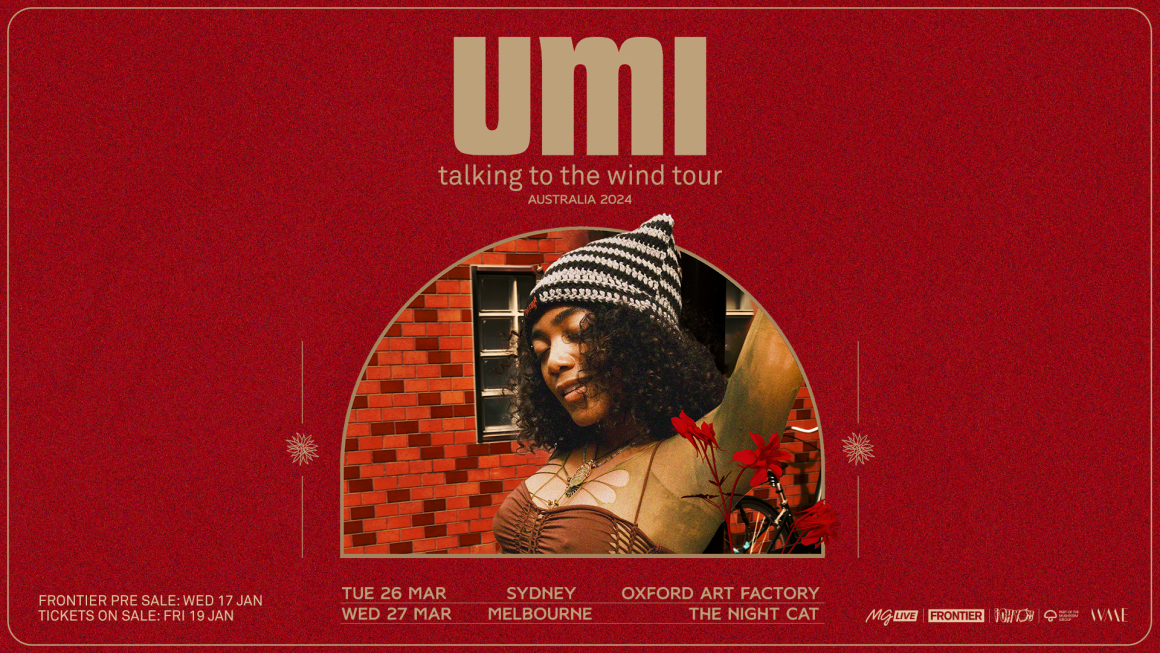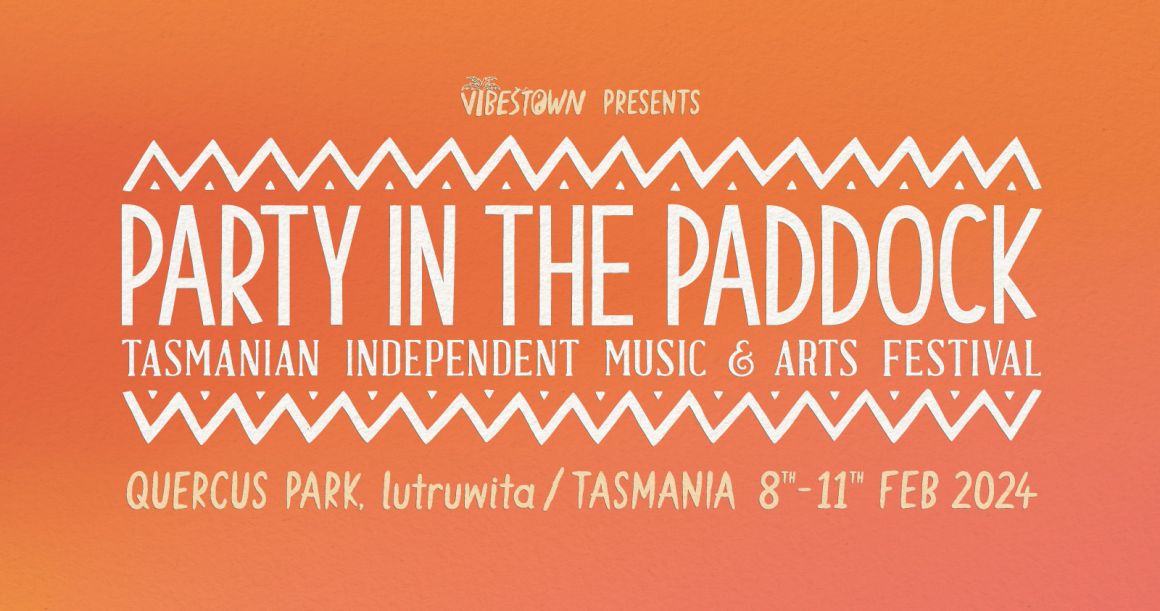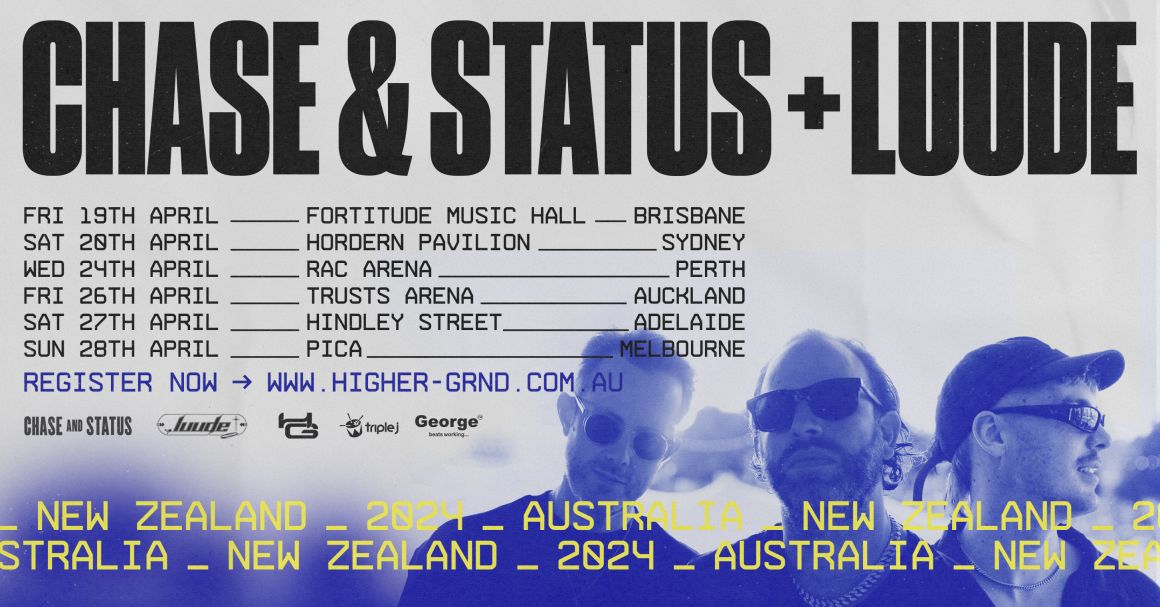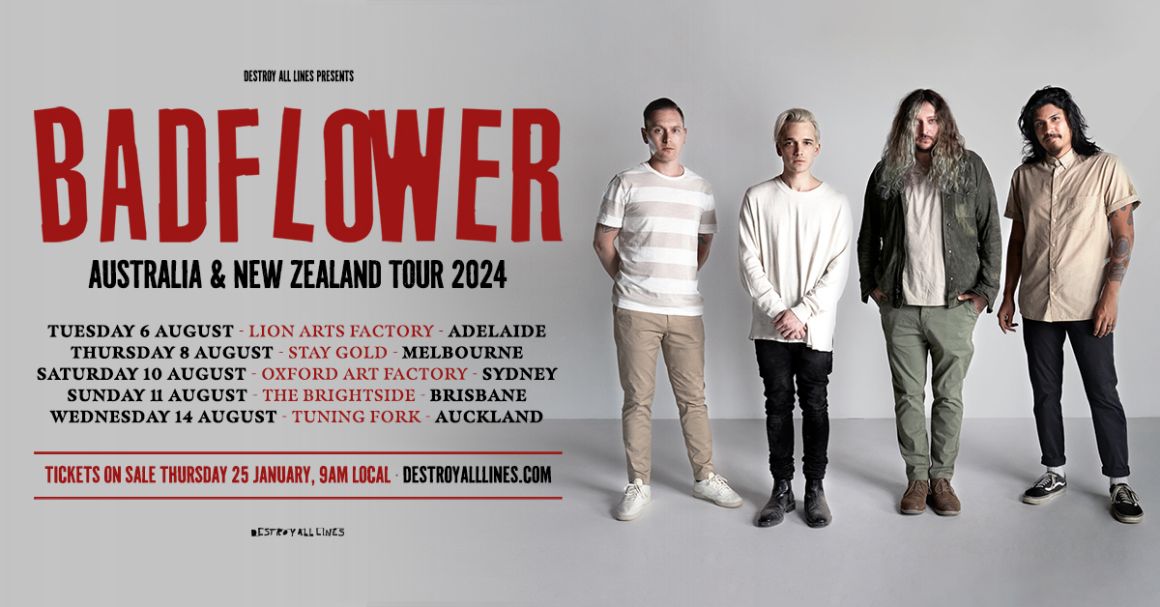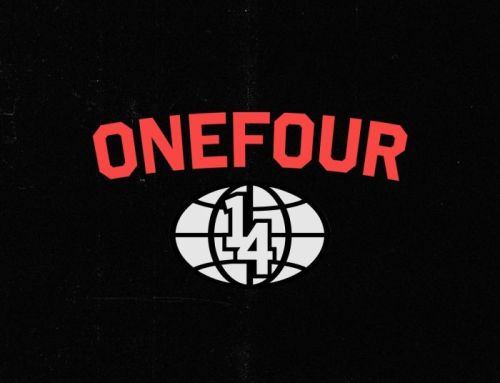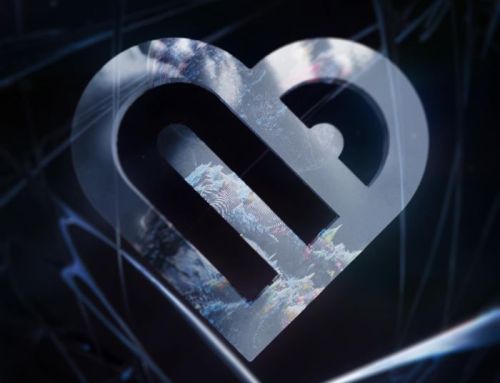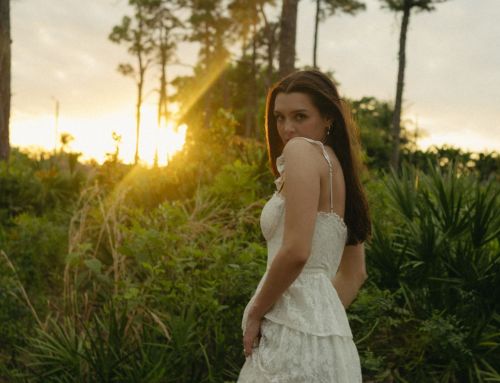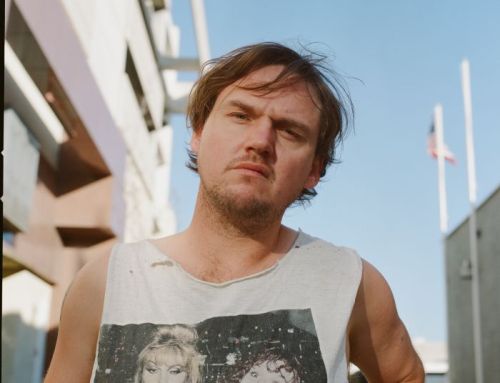Project Description
. . Photo – Indie Images Photography . . Photo – Indie Images Photography . . Photo – Indie Images Photography . . . . Photo – Indie Images Photography . . . . . . . .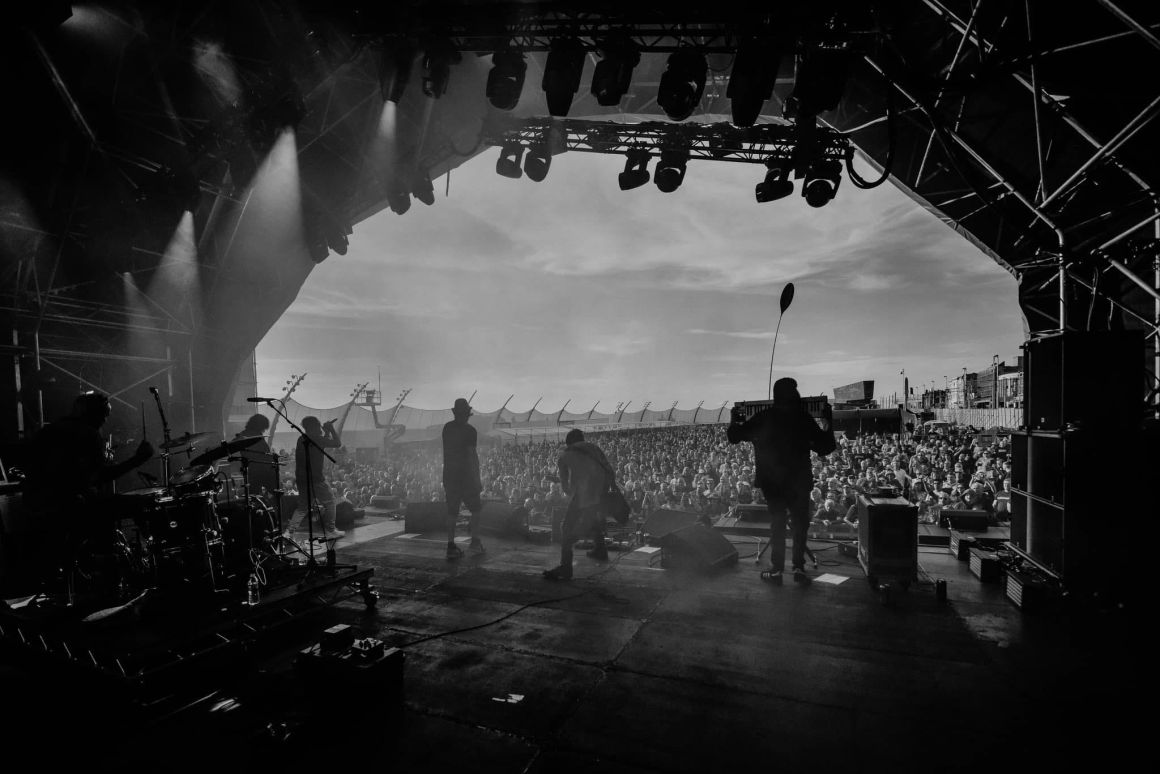
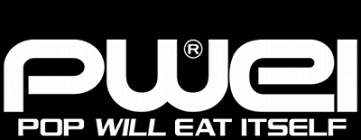
Interview with
GRAHAM CRABB
from
POP WILL EAT ITSELF(28th January 2024)
Interview with Dave Bruce
D: How did the band come together? When did it begin, was it serious from the start, when did you start to get serious attention?
G: This is testing my memory. Back in the early to mid eighties, Adam and Clint were already together in a band. I saw an advert for a drummer, I replaced Miles Hunt, who was the drummer at the time. Malcolm Treese of The Wonder Stuff was also in that band, but that band splintered. So me, Adam and Clint stayed together, Miles and Malcolm were soon to form The Wonder Stuff. Then we recruited Rich on bass and just started recording these little punk rock tunes and they were liked by the media and we were getting singles of the week and front pages of the music papers and it all started from there.D: When did you start getting serious attention? Was it early or did it take a while?
G: Didn’t take that long. We started under a different name called Wild and Wandering and we were more kind of stooges, psychedelic type of thing. And then we wanted to do a punk pop type of thing. And that’s when we switched to Pop Will Eat Itself and that took off pretty much straight away. D: How would you describe your sound?
G: Today it’s a kind of bastard mongrel sound. It’s a hybrid of electronica, punk rock, dance music, hip hop. It’s all in there in the mix. There’s no kind of preconceived idea when a song starts off. It’s kind of just whatever works, whatever fits the groove and just try to keep it as organic as possible. We just let it go where it needs to go. D: Is it a mix of inputs or is there a predominant person developing that?
G: Well, I’m the most prolific songwriter. We’ve now got Mary in the band as co-vocalist who writes tunes too. Some very good tunes he’s coming up with. And then we get to the stage where we like a song and then sort of everybody gets involved, the live instrumentation goes on, more ideas get inputted, things get dropped, changed. You know, everybody gets involved before we get to a finished version.D: PWEI is often described as a hybrid of electronic, punk, and alternative hip-hop. How do you navigate these diverse influences when crafting your music, and do you find it challenging or liberating to blend genres in this way?
G: Liberating, definitely. It’s like I was saying before, there’s nothing preconceived. So once you get something going, it’s a case of whatever fits, whatever brings something new or exciting to it. You’ve kind of got an idea of how people perceive you and kind of what they want to hear in a tune. But you try not to be too limited by that. We’ve always tried to keep our sound fairly open and available to incorporate any influence.D: PWEI’s music is often associated with a rebellious and energetic spirit. How has the ethos of “electronic, punk, alternative hip-hop” evolved or stayed consistent throughout your career?
G: The early signals were we didn’t really have any technology. It was just a typical guitar, drums, bass, vocal type of band. Then we spent some time in the studio and we discovered all the equipment that you could use. And at the same time, there were a lot of changes going on in music. You know, the hip hop thing was breaking. Rave and Acid House was happening in the UK. A lot of electronic stuff was starting to break through. So the combination of that happening and us getting in the studio kind of just totally opened things up for us. But yeah, you know, as things continue, other things influence us. So, you know, there’s no limitations as far as we’re concerned.D: PWEI’s music has a distinct social and political edge, as seen in tracks like “Their Law” and “Wise Up! Sucker.” How do you see the role of music in addressing societal issues, and has this perspective influenced your approach to songwriting?
G: We wouldn’t hold ourselves up as having important stuff to say to anybody else. It’s just what’s going through your mind as a person when you write a song. And if you know something is bugging you or you feel you got something to say, then you might say it. Other times a song just might be a feel good factor and it might be a song about having a good time. Then the next song might be kind of political or social. It’s whatever’s going through your mind.D: The setlist includes iconic tracks like “Ich Bin Ein Auslander” and “Can U Dig It?”. How do these songs resonate with you after all these years, and do they hold any special significance in your musical journey?
G: I guess the certain tracks that we play almost every gig, because you know that the crowd are going to want it. They’re going to want those bangers, you know, the ones that get everyone fired up. You never tire of them because you see the effect that it’s having on the crowd. And it’s a great uplifting moment. So, you know, we’re proud to play the tracks that stand up over the course of time.D: Any new music on the drawing board?
G: Yes, we’re at it as we speak. We’ve got an album that’s basically written. We’re starting to put the live instrumentation in there and that should hopefully be out later this year.D: Touring a Greatest Hits Set must be exciting. How did the idea come about, and what can fans expect from this career-spanning performance?
G: The promoter put it to us to do a greatest hits setlist. It sounded right. When you cram all the tunes in that have been singles and that people know and like, it makes for a special evening. And then we’ve got Jesus Jones with us as well. They’ve got quite a few known tunes of their own as well. So hopefully it should be a special night for everyone who’s there.D: Crafting a Greatest Hits Set involves revisiting various points in your career. How do you approach curating a setlist that captures the essence of PWEI’s evolution and resonates with longtime fans as well as newcomers?
G: I suppose you go by what crowd reaction you’ve typically had in the past, what you feel gets the crowd going, what works as a flow going from one tune to the next. So it’s a combination of things really, just building it then playing it in rehearsal, seeing does it work, do we need to change things around. If a track doesn’t work, it will come out, a new one will come in. D: Was it hard? Was it hard to be happy with what you ended up with?
G: I don’t think so because a lot of these tunes are, they’re tracks that we’re all familiar with. I mean, you don’t have to think too hard about them. The tracks we’ve played a lot of times and we just live and breathe them. And yeah, so not difficult. D: Jesus Jones is joining you as extra special guests. What makes this collaboration with fellow UK indie-dance heroes unique, and how does it feel to share the stage with them for this tour? Have you toured with them before?
G: No, we haven’t actually, no, which is surprising because there’s us, Jesus Jones and EMF and we tend to get mentioned in the same breath. Well, sort of UK indie bands who, you know, probably seen as rock bands, but use technology quite significantly. So, yeah, it’s a good match and surprising we haven’t really done this before. D: Are you looking forward to it?
G: Yeah, definitely. Yeah, we know the guys, so as well as a good gig, it will be good hanging out with them and doing the tour together. D: Reflecting on your extensive discography, are there any deep cuts or lesser-known tracks that you’re particularly excited to showcase during this tour, and why?
G: We’re going back to doing the first version of 92 Degrees F. I’m not sure we’ve played that live before. So that’s going to be something a bit different. Yeah, so I know a lot of the fans like that, but we’ve not done it live. So we’re kind of trying to dust it down and yeah, make it happen.D: Australia has a vibrant music scene. What excites you the most about performing here?
G: It’s just so great that it’s so far from home, but apart from the UK, this is probably our most sort of vibrant territory to play. And the fans are always great, good to talk to, enthusiastic. So there’s mutual affection and yeah, we love coming over. Hopefully we’ll keep doing so. D: With the evolving landscape of the music industry, how do you perceive the impact of technology and digital platforms on the creation and distribution of your music, especially considering PWEI’s electronic elements?
G: Technology changes have happened and they’re here to stay and you can’t fight it, so we just get on with it. It’s a difficult transition, I guess, for artists of our age to go from music as a physical product and now deal with it changing to digital. And there’s no way that will be reversed. So you’ve just got to get on with it and you’ve got to put your trust in those who know about it. And so when we come to do this new album, we’ll be getting a team behind us who know what they’re doing because it’s kind of out of their area of expertise. You’ve got to put your faith in those who know something about it. D: With that in mind, what piece of advice would you give to an artist starting out?
G: It’s fucking hard work. You’re not being just a musician anymore. You’ve got to be a businessman. You have to think about the commercial side of it. Things like Spotify, you can argue, have opened the field up and allowed people in, but you’re also now a needle in a haystack and impossible to find. There’s so many artists out there with great tunes, but how do you find them? You know, it’s all about the commercial aspects, unfortunately. it’s a labor of love. Plus you can’t do this thinking you’re going to get rich. You do it for the lifestyle of it. It’s a job that you love. And if you can get it to pay, then great, but it’s highly unlikely you’re gonna get rich off the back of it.D: What is the best thing about performing to a live audience? What’s been the career highlight so far?
G: The best thing – the energy, just looking at everybody, having a great time. You just get lost in the moment. It kind of transcends the everyday, the mundane. As a songwriter, hearing your words come back from a crowd is really cool. And if you forget your words, you just look at people and pick them up.
Career highlight – I can’t think of just one. It’s a long journey of ups and downs and twists and turns. I kind of don’t spend any time thinking about that. It’s not worth thinking about either. Enjoy the ride.Finally, a few questions for some quick answers –
FAVOURITE:
Album – Takes a Nation of Millions to Hold Us Back, Public Enemy
Artist – The Streets
Movie – Blade Runner
Place to visit – Australia
Venue to play – Shepherds Bush Empire
Food – Thai
Drink – Cognac
Person in History – My kids
Tattoo – (If you don’t have one, what would you get?) I got the PWEI robot off This Is The Day. D: Really? When did you get that?
G: I got it done in Birmingham, I don’t know, probably 20 years ago or something. D: That’s it Graham. Thanks for your time. I hope you have a great tour. Cheers.
G: Thanks Dave. I really enjoyed the interview. I hope to see you at a show. Goodbye.Follow POP WILL EAT ITSELF
Website – Facebook
Press Release 13th November 2023 (below) HERE
POP WILL EAT ITSELF
with special guests
JESUS JONES
announce
2024 Greatest Hits Australian Tour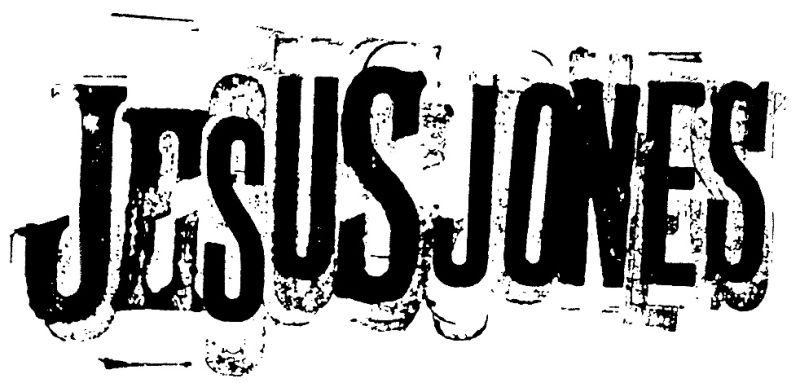
POP WILL EAT ITSELF
and
JESUS JONES
Australian Tour DatesThursday February 29th – BRISBANE, The Triffid
Friday March 1st – SYDNEY, Manning Bar
Saturday March 2nd – MELBOURNE, The Croxton
Sunday March 3rd – PERTH, Freo. Social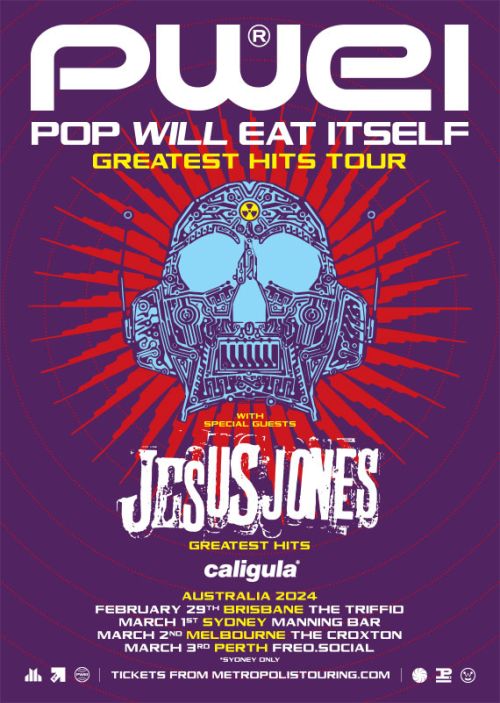
AMNPLIFY – DB


